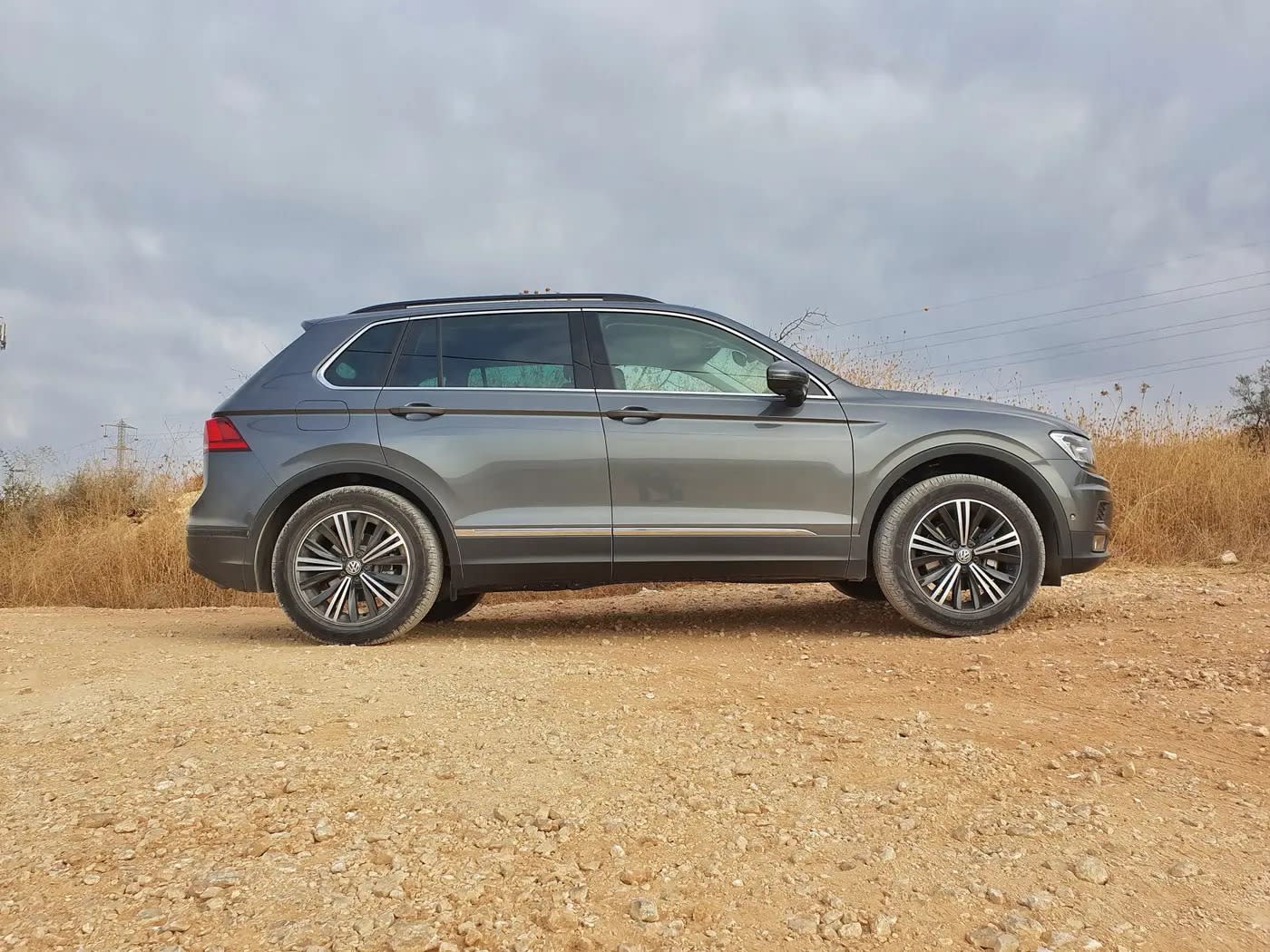Which car exceeds fuel consumption data by 31%, and who beats it

A test of car models in Israel shows discrepancies in fuel consumption: some perform better, while many cost more at the pump than expected. This is crucial to know before choosing your next car.
The Israeli government is doing everything to collect more money from drivers: the reduction of the fuel tax ended in late 2023, and since then, the price per liter has jumped by about 0.75 shekels, and those who fled the tax by switching to electric vehicles will face a distance-based tax from the government.
In contrast, in the Australian government, there are some peculiar people. The government allocated 9.3 million dollars to a program to examine 200 car models, including gasoline, hybrid, and diesel, to determine their actual fuel consumption so Australians can choose truly economical cars, even if the state loses some revenue from fuel sales and its associated tax.
The Australian car market is similar to Israel's, also combining European, Japanese, Korean, and Chinese cars, with less strict regulations than Europe, allowing a wide variety of models to be sold in the fifth continent.
The manufacturers' official fuel consumption data are measured according to standards in a laboratory. The AAA, the Australian Automobile Association, which was responsible for conducting the test, notes that driving in the country differs from lab tests: slower intercity driving compared to European roads, but urban driving at 50 km/h instead of 30 km/h, and hotter weather, which negatively impacts consumption, including frequent use of air conditioning in the car. This is quite similar to Israel.
The AAA test involves driving a distance of 93 km on public roads with equipment that also measures pollutant emissions. So far, 43 cars have been tested, most of which are models sold in Israel.
And the results? Two models, the Volkswagen Tiguan and the Kia Carnival, managed to achieve better numbers than the manufacturer's data, and by a significant margin. On the other hand, the outgoing Suzuki Swift, which is currently being replaced by a new model with a different engine, exceeded the manufacturer's data by 31%. The BMW X3 exceeded by 20%, and the Audi Q5 by 17%.
Just imagine if the Israeli Ministries of Transportation and Energy were to undertake such a project. Until then, here are 28 models that have already been tested in Australia and are also sold or were sold in Israel:
| Model | Consumption (liters per 100 km) | Deviation from Manufacturer's Data |
|---|---|---|
| Volkswagen Tiguan 1.4 Turbo | 6.7 | -13% |
| Kia Carnival 2.2 Turbo Diesel | 6.0 | -7% |
| Toyota Corolla Hybrid | 4.2 | No change |
| Toyota Hilux 4WD | 7.9 | No change |
| Hyundai Venue | 7.3 | +1% |
| Hyundai Staria 2.2 Turbo Diesel | 8.3 | +1% |
| Kia Seltos | 6.9 | +1% |
| Toyota RAV4 Hybrid | 6.8 | +13% |
| Nissan X-Trail | 7.3 | +2% |
| Subaru Crosstrek | 7.4 | +2% |
| Mazda 3 2.0 | 6.4 | +3% |
| Mitsubishi Outlander 2.5 Gasoline | 7.9 | +3% |
| Mitsubishi Eclipse 1.5 Turbo | 7.6 | +3% |
| Subaru Outback | 7.7 | +5% |
| Skoda Kamiq 1.5 | 6.4 | +5% |
| Mini Cooper S Automatic | 6.3 | +6% |
| Mercedes C200 Automatic | 7.4 | +7% |
| Toyota Camry Hybrid | 4.5 | +8% |
| Mitsubishi ASX Automatic | 8.2 | +8% |
| Ford Puma | 5.7 | +8% |
| Volvo XC40 2.0 Turbo | 7.6 | +9% |
| Mazda CX-3 2.0 | 6.4 | +11% |
| Toyota Yaris Cross Hybrid | 4.3 | +12% |
| Mazda CX-5 2.0 | 7.9 | +15% |
| Audi Q5 2.0 Turbo Diesel | 5.6 | +17% |
| BMW X3 2.0 | 8.9 | +20% |
| Suzuki Swift '23 | 6.3 | +31% |
Jerusalem Post Store
`; document.getElementById("linkPremium").innerHTML = cont; var divWithLink = document.getElementById("premium-link"); if (divWithLink !== null && divWithLink !== 'undefined') { divWithLink.style.border = "solid 1px #cb0f3e"; divWithLink.style.textAlign = "center"; divWithLink.style.marginBottom = "15px"; divWithLink.style.marginTop = "15px"; divWithLink.style.width = "100%"; divWithLink.style.backgroundColor = "#122952"; divWithLink.style.color = "#ffffff"; divWithLink.style.lineHeight = "1.5"; } } (function (v, i) { });

